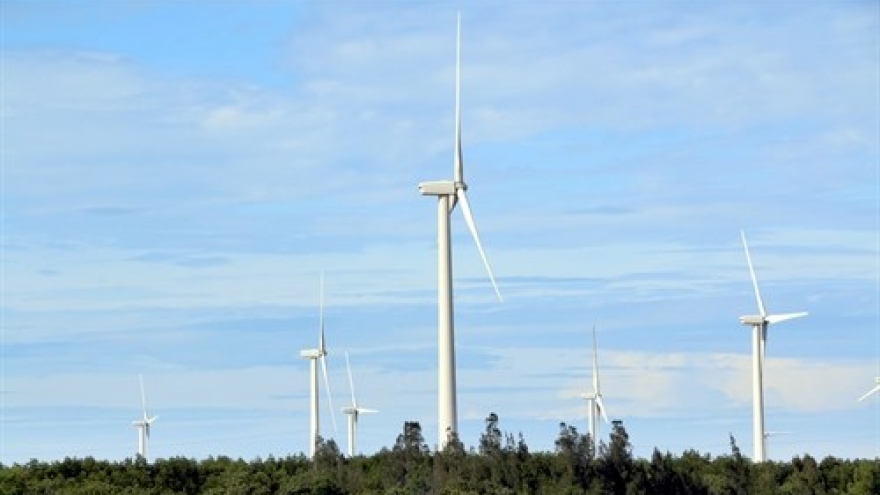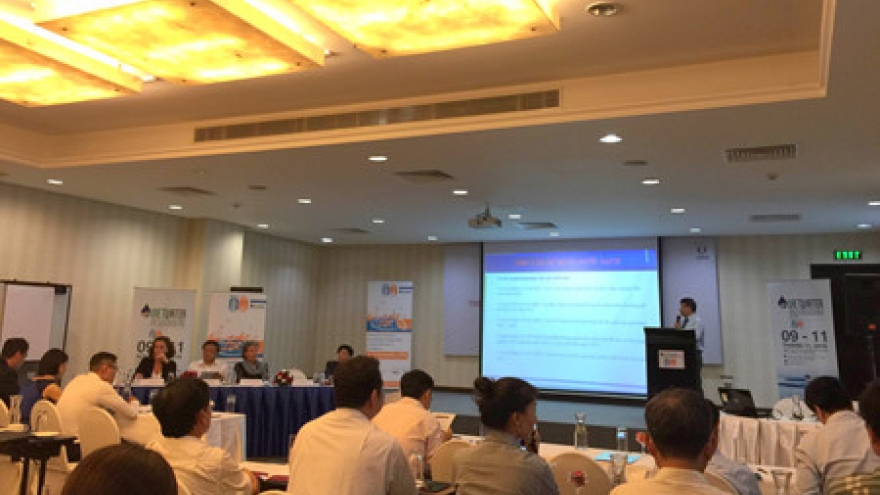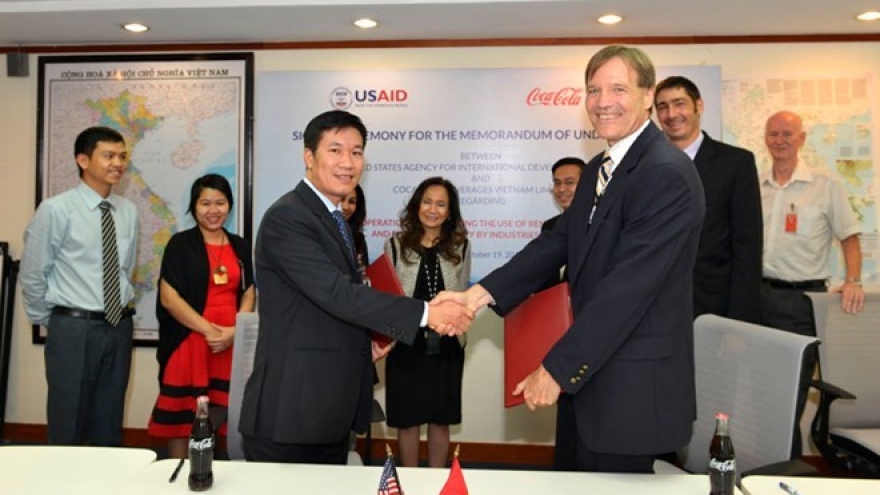Sustainability
Building sustainable business models in Vietnam is a challenge. For both Vietnamese and international companies the road to sustainability is paved with struggle and hard-won victories. And yet there is a lot to be gained when it comes to sustainable business.
The Embassy of the Kingdom of the Netherlands in Hanoi and the Consulate General in Ho Chi Minh City in partnership with the Dutch business community, the Dutch Business Association Vietnam and the Vietnam Business Council for Sustainable Development of Vietnam Chamber of Commerce and Industry give attention to this challenge in seminars on “Building Sustainable Business Models in Vietnam” in 2016.
As pioneers in building sustainable business models in Vietnam, Dutch companies like Friesland Campina, Unilever, Heineken, Philips, DSM, Akzo Nobel and ING Bank are prime examples of companies that have made sustainability and circular thinking a core principle in their business models.
 |
“Tomorrow is Green” campaign
"Tomorrow is Green" is focused on generating sustainable business solutions together with Vietnamese businesses and authorities, while making use of the Dutch expertise in key sectors such as water management, horticulture, and high-tech industry. These solutions are aimed at creating a greener future together and mitigating environmental issues such as climate change, water and air pollution, and resource depletion. These solutions take into account ‘people, planet and profit’. We started bringing people together to get fresh ideas, smart solutions and create cooperation between entrepreneurs, academics and policy makers. We, also, create opportunities for Vietnamese and Dutch people to join hands to build a greener future. Through our website (www.tomorrowisgreen.org) and other social media channels we share the latest news on sustainability as well as experiences of Dutch companies with their sustainable initiatives in Vietnam.
Smart cities
The ‘Sustainable Urban Delta’ is the overarching key message of the Holland brand on building smart cities. The economic identity of the Netherlands in this field can be associated with expertise on water, energy, mobility and spatial planning. At home, the Dutch government’s has set the ambition for reducing CO2 emissions by electric driving, improving energy-efficiency and reducing dependency on fossil fuels. Simultaneously, global developments such as urbanisation and climate change demand integral solutions for building the cities of the future. Managing and mastering water in a densely-populated delta has formed the Netherlands as it is today. Our way of working is driven by inclusivity, cross-fertilization, integration, and looking at “the bigger picture”.
Energy – Clean, reliable and affordable
The Netherlands has a strong standing in the areas of renewable energy and energy efficiency and a leading position in wind energy at sea, biomass processing and greenhouse farming. A sustainable and robust energy supply is crucial as a motor of economic growth and for the wellbeing of society as a whole: it must be clean, reliable and affordable.
The Dutch have leading expertise in research in renewable energy (with institutes such as FOM, ECN and Delft University of Technology); offshore wind energy, co-combustion of biomass in coal-fired power plants, pre-treatment methods of biomass, the use of landfill gas, and the use of heat pumps combined with heat and cold storage.
Working together is what the Netherlands is strong in. In our energy sector, there are strong links between knowledge establishments, companies and government. Many innovations take place here based on public-private partnerships.



